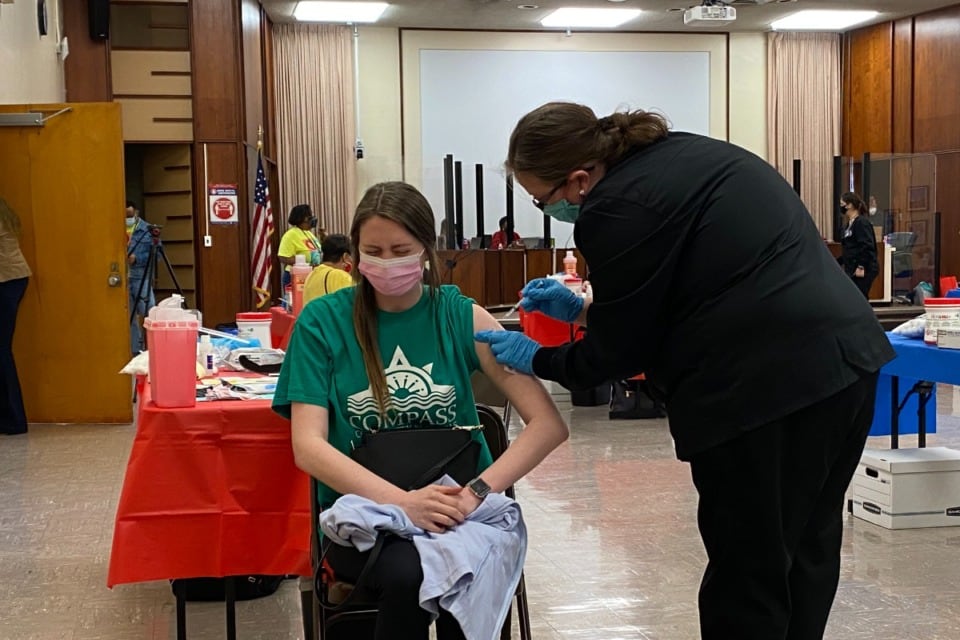A debate over whether to prioritize the public health of school communities or the personal liberty of teachers has stalled a Tennessee bill designed to ban potential COVID-19 vaccination requirements.
The legislature’s House Health Committee agreed Wednesday to wait until next week to vote on a bill that would prohibit state and local authorities from requiring a person to get vaccinated against their will.
Gov. Bill Lee has said vaccinations should be optional for people in public schools, and no districts have said they will require them. But the bill — which sponsors say is preemptive — could discourage some school employees from participating in the nation’s most ambitious immunization program ever.
Tennessee teachers became eligible for vaccinations last month after the state health department moved them up on the priority list. State officials have said they don’t have data on how many teachers have been inoculated thus far.
The vaccination bill is not exclusive to schools but could have major implications for education. Medical experts say more than three-quarters of the population need shots in their arms to achieve a level of protection that will crush the virus and return schools to normal.
Rep. Bud Hulsey, a Kingsport Republican who is cosponsoring the measure with Sen. Janice Bowling of Tullahoma, said the goal is to calm the fears of Tennesseans who worry they could be forced to get vaccinated over their strong personal objections.
“There are a lot of folks who are very afraid of it,” said Hulsey, who noted later that he has heard from a lot of worried teachers.
But Rep. John Ray Clemmons called the bill premature and says it appears to try to solve a problem that doesn’t exist.
“I am not aware of any law or bill or movement to force anyone to take a COVID-19 vaccination in the state of Tennessee,” said Clemmons, a Nashville Democrat.
The legislation has GOP support and, at the request of the Tennessee Hospital Association, was amended Wednesday to exempt employees at government-run hospitals from vaccination requirements. But discussion stalled after Rep. Sabi Kumar, a retired surgeon, proposed exempting teachers as well.
“The purpose of the amendment completely is to protect people, protect public, avoid the spread of the virus,” said Kumar, a Republican from Springfield.
That raised concerns that teachers and other school employees refusing vaccines could be forced out of their profession if their district opts to require them.
“This really puts me in a very bad position,” said Rep. Ron Gant, a Rossville Republican, suggesting that the bill needs more work.
Currently, there is no state law or requirements for teacher immunizations, but local school boards may set public health standards for their employees.
For students, however, Tennessee law allows parents to refuse to vaccinate their children based on their religious beliefs and practices, as long as the state is “in the absence of an epidemic or immediate threat of an epidemic.”
On Tuesday, a House health subcommittee rejected another vaccination bill that would have eliminated the so-called pandemic clause so that parents can opt out of the coronavirus vaccine for their children.
Lawmakers, including Kumar and several other medical professionals, voted against that proposal on the grounds it could endanger public health.







